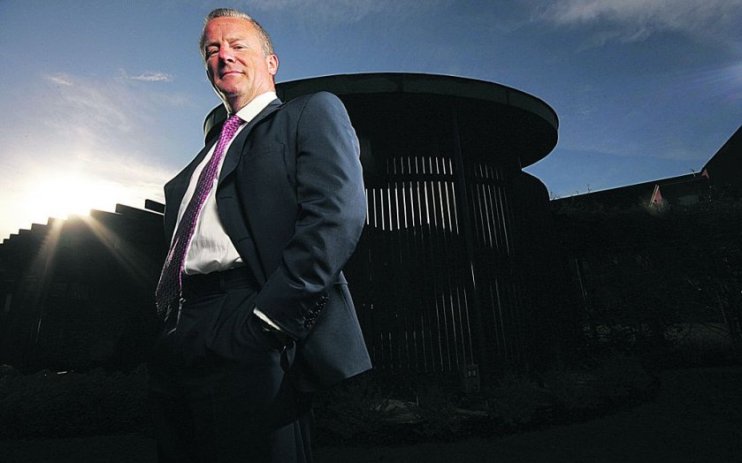Woodford Equity Income investors may not get money back for a year

When administrator Link announced this morning that Neil Woodford’s flagship Equity Income Fund would be closed down, the firm said this would mean investors could have their cash returned to them “more quickly than if the Fund had remained suspended”.
But now industry professionals are warning that investors may not receive their money for over a year because of the complexity involved in winding down the Equity Income Fund (WEIF).
Read more: Q&A: Why was the Woodford fund suspended?
Ryan Hughes, AJ Bell’s head of active portfolios, told City A.M. investors with money in the suspended fund should be prepared for the process of liquidating its assets to take “some considerable time”.
“They’ll want to get it done and dusted but equally not rush it so the prices don’t get hit too much,” said Hughes.
Link has said it will begin winding up WEIF “as soon as practicable” after 17 January 2020 – the soonest the process can begin as regulations require investors to be given three months’ notice before the closure of a fund.
Once the fund’s assets have been sold, its liabilities and the cost of winding up the Woodford fund will paid off. Then the process of repaying investors will begin.
Hughes said it could take “between six and 12 months” from January to complete the process of closing down the fund, adding: “you could easily imagine that this could be going on a year later”.
Adrain Lowcock, head of personal investing at Willis Owen, said it could “easily take another six months to another year to get [WEIF] unwound”.
Link has said it will oversee an “orderly” sell-off of the fund’s assets, which it has divided into two separate portfolios. Blackrock and Park Hill have been appointed to sell off the holdings.
Blackrock will be responsible for “Portfolio A” – made up of WEIF’s listed assets – while Park Hill will be responsible for “Portfolio B” – made up of its unlisted and “highly illiquid” holdings.
Selling the fund’s listed holdings is likely to be relatively straightforward, and Link said it is expecting to make the first repayment to investors by the end of January next year.
Offloading the portfolio’s illiquid holdings is likely to be a much longer process, as unquoted and illiquid assets are much harder to sell.
Read more: Neil Woodford sacked as Equity Income Fund shut down
“The unlisted stuff, the stuff that is difficult to shift, that’s going to take time,” said Lowcock.
“Some would argue you’d get a better price for it if you kept the fund suspended,” he added.
“The timescale can be arguably longer on a fund closure because you’re winding up the remnants of the portfolio.”